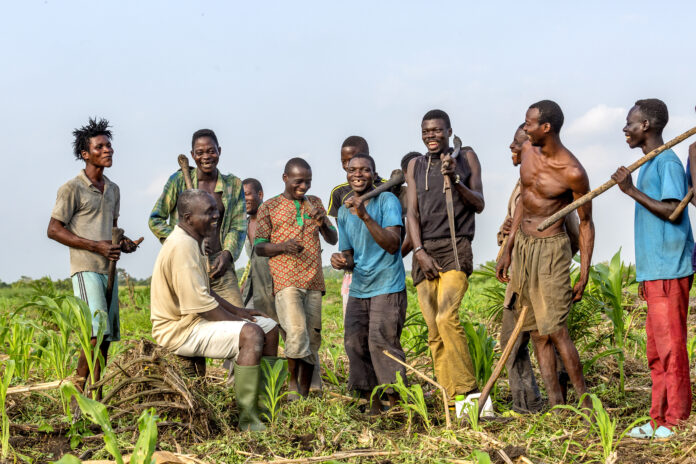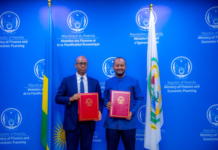
Over 10,000 new jobs will be created by farmers and small rural businesses in Benin, after the country’s largest microfinancing lender PEBCo-BETHESDA signed a €3 million loan agreement with the UN’s International Fund for Agricultural Development (IFAD) to increase their access to microfinance.
“Inclusive finance is a powerful driver of rural transformation. Increased access to finance for underserved, low-income communities, with a strong focus on women and youth, will help improve the livelihoods of some of the most vulnerable rural people of Benin,” said Bernard Hien, IFAD’s Regional Director in Western and Central Africa.
The project will reach more than 20,000 people, 40% of whom live below the poverty line, and is expected to generate positive effects for over 120,000 people. Women will account for nearly three out of four borrowers, while one in three will be young people.
“This loan represents a turning point for our institution and for the communities we serve. Thanks to IFAD’s support, we will scale our outreach, develop innovative financial solutions, and empower more rural entrepreneurs, particularly women and youth to build sustainable livelihoods and adapt to a changing climate,” said Cyrille Hounsou, PEBCo BETHESDA Managing Director.
Microfinance lenders like PEBCo-BETHESDA have a proven track record in improving the lives of small farms and businesses because they provide small loans and bank accounts to individuals who are usually too poor to borrow from a traditional bank. PEBCo’s average loan is €745 for farmers (€816 for men and €680 for women), and €1,799 for farmer groups and business.
Rice, soya, pineapple, cassava, and maize horticulture are some of the agricultural value chains that will benefit from this increased access to financial services. Loans for high-yield seeds, fertilizers, agro-processing, mechanization, capacity-building, savings, financial digital services, and agricultural insurance will be coupled with training aimed to promote sustainable and climate-friendly agricultural practices.
Agriculture plays an important role in Benin’s economy, generating 70 per cent of employment and nearly 25 per cent of GDP. International support, and economic and structural reforms have helped Benin achieve economic growth of 4 to 5 per cent annually over the past two decades, but the poverty rate remains high, at 56 per cent.
IFAD has been involved in microfinance since the early 1980s, when it was one of the first international institutions to support microfinance lender Grameen Bank, which was awarded a Nobel Peace Prize in 2006.
Since 1978, IFAD has financed 14 rural development programmes and projects in Benin at a total cost of US$552 million, with an IFAD investment of US$257 million. The new microfinance project is aligned with Benin’s strategic objectives and IFAD’s mandate and creates new synergies with other IFAD-supported programmes to further enhance rural resilience, food security, and inclusive growth.







